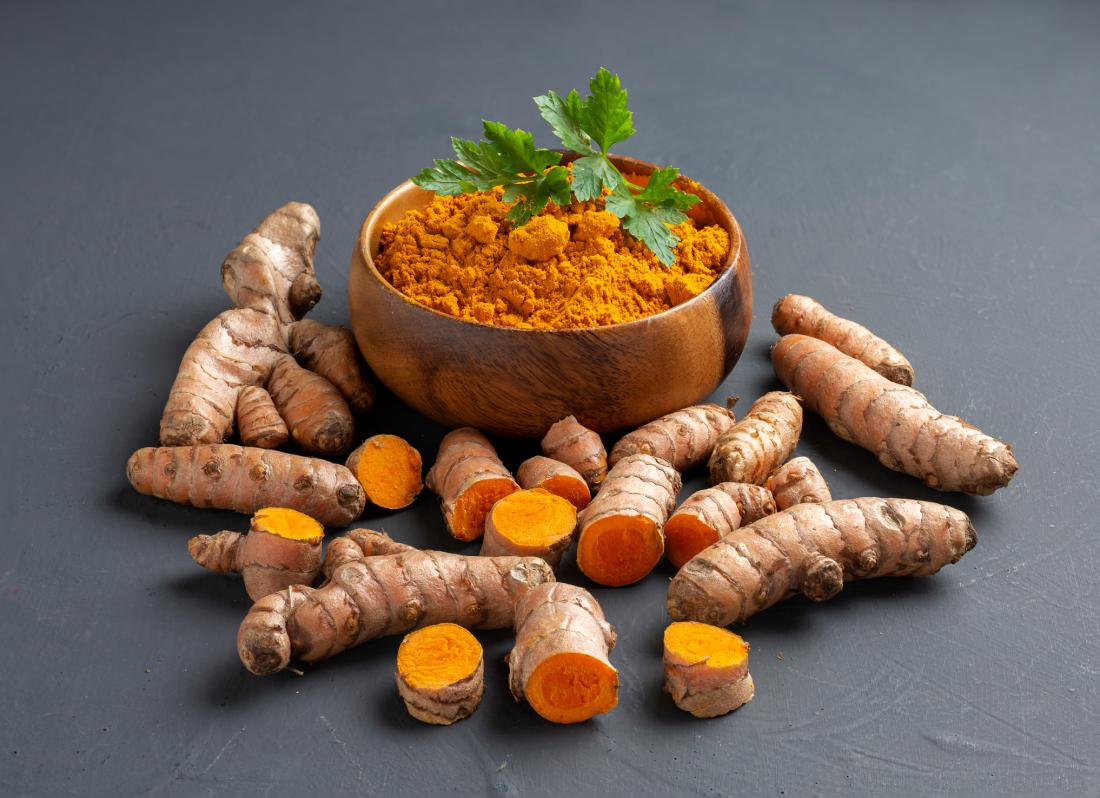Turmeric and Cancer: What the Science Really Says
Turmeric, a golden-yellow spice often found in curry dishes, has been celebrated for centuries in traditional medicine for its potential health benefits. At the heart of turmeric’s health-promoting properties is an active compound called curcumin. This powerful antioxidant has garnered significant attention for its potential anticancer effects. But does turmeric really have the ability to prevent or treat cancer? In this article, we’ll explore the scientific evidence behind turmeric and its role in cancer prevention and treatment.
1. What Is Curcumin?
Curcumin is the primary bioactive compound found in turmeric. It has been the subject of numerous studies due to its potential health benefits. Known for its anti-inflammatory, antioxidant, and antimicrobial properties, curcumin is often hailed for its ability to protect the body from disease. One area where it has shown particular promise is in the fight against cancer.
2. Cancer Prevention: The Research So Far
There is growing interest in curcumin’s potential role in cancer prevention. Some studies suggest that curcumin can prevent the development of cancer by interfering with the growth of cancer cells. Research in laboratories and animal models has indicated that curcumin may help:
- Reduce Inflammation: Chronic inflammation has been linked to the development of several types of cancer. Curcumin’s anti-inflammatory properties may help prevent this process.
- Limit Cancer Cell Growth: Curcumin has been shown to interfere with the growth of cancer cells by affecting various cellular pathways involved in cancer progression.
- Induce Apoptosis: Apoptosis is the process by which the body eliminates damaged or abnormal cells. Curcumin has been found to promote apoptosis in cancer cells, which could help prevent the spread of tumors.
- Prevent Metastasis: Some studies suggest that curcumin may help prevent the spread (metastasis) of cancer cells to other parts of the body by affecting genes involved in tumor migration.
However, while these findings are promising, it’s important to note that much of the research has been conducted in laboratory settings or using animal models. Clinical trials involving human subjects are still limited, and more research is needed to confirm these benefits in humans.
3. Curcumin’s Effectiveness in Cancer Treatment
When it comes to cancer treatment, turmeric or curcumin alone is unlikely to replace conventional therapies such as surgery, chemotherapy, or radiation. However, some studies suggest that curcumin could serve as a complementary therapy, potentially enhancing the effectiveness of standard cancer treatments.
- Sensitizing Cancer Cells to Chemotherapy: Curcumin may help increase the sensitivity of cancer cells to chemotherapy drugs, making treatments more effective. Some research suggests that curcumin may help reduce the side effects of chemotherapy as well, such as inflammation and tissue damage.
- Improving Radiation Therapy Outcomes: Studies have also indicated that curcumin may improve the effectiveness of radiation therapy by reducing tumor size and improving the response of cancer cells to radiation.
Despite these potential benefits, it’s crucial to remember that curcumin is not a cure for cancer, and any treatment should be done under the guidance of a healthcare professional. It’s essential to use curcumin as part of a broader, individualized cancer treatment plan.
4. Challenges in Absorption and Bioavailability
One of the major challenges in using curcumin for cancer prevention and treatment is its bioavailability, or the body’s ability to absorb and use it. Curcumin is poorly absorbed in the digestive tract, which limits its effectiveness. To overcome this, researchers are investigating various methods to increase its absorption, such as combining curcumin with piperine (an active compound in black pepper) or using curcumin formulations that enhance its solubility.
Some turmeric supplements on the market contain enhanced formulations designed to improve bioavailability. However, it’s important to be cautious and consult a doctor before taking high doses of curcumin or turmeric supplements, as they can interact with medications and cause side effects.
5. What the Experts Say
Although turmeric and curcumin show potential in cancer prevention and treatment, experts agree that more research is needed before it can be recommended as a standalone treatment. Current studies are promising, but there is no definitive evidence to support curcumin as a cure for cancer.
Dr. Tushar Patel, a cancer researcher, explains that while curcumin has demonstrated strong laboratory and animal model results, “we still need large-scale human trials to confirm its efficacy in cancer prevention and treatment.” He further emphasizes that turmeric should not be seen as a replacement for conventional cancer therapies but rather as a possible complementary treatment.
The Bottom Line on Turmeric and Cancer
While turmeric, particularly its active compound curcumin, holds promise as an adjunctive treatment in cancer care, it is not a magic bullet. The current research suggests that curcumin may help reduce cancer risk, prevent the spread of tumors, and enhance the effectiveness of conventional treatments. However, more clinical trials and human-based research are needed to fully understand its potential.
If you’re interested in incorporating turmeric or curcumin into your diet for its potential health benefits, it’s always a good idea to discuss it with your healthcare provider, especially if you’re undergoing cancer treatment. A balanced approach that includes proper medical care, a healthy diet, and lifestyle changes is essential in the fight against cancer.




